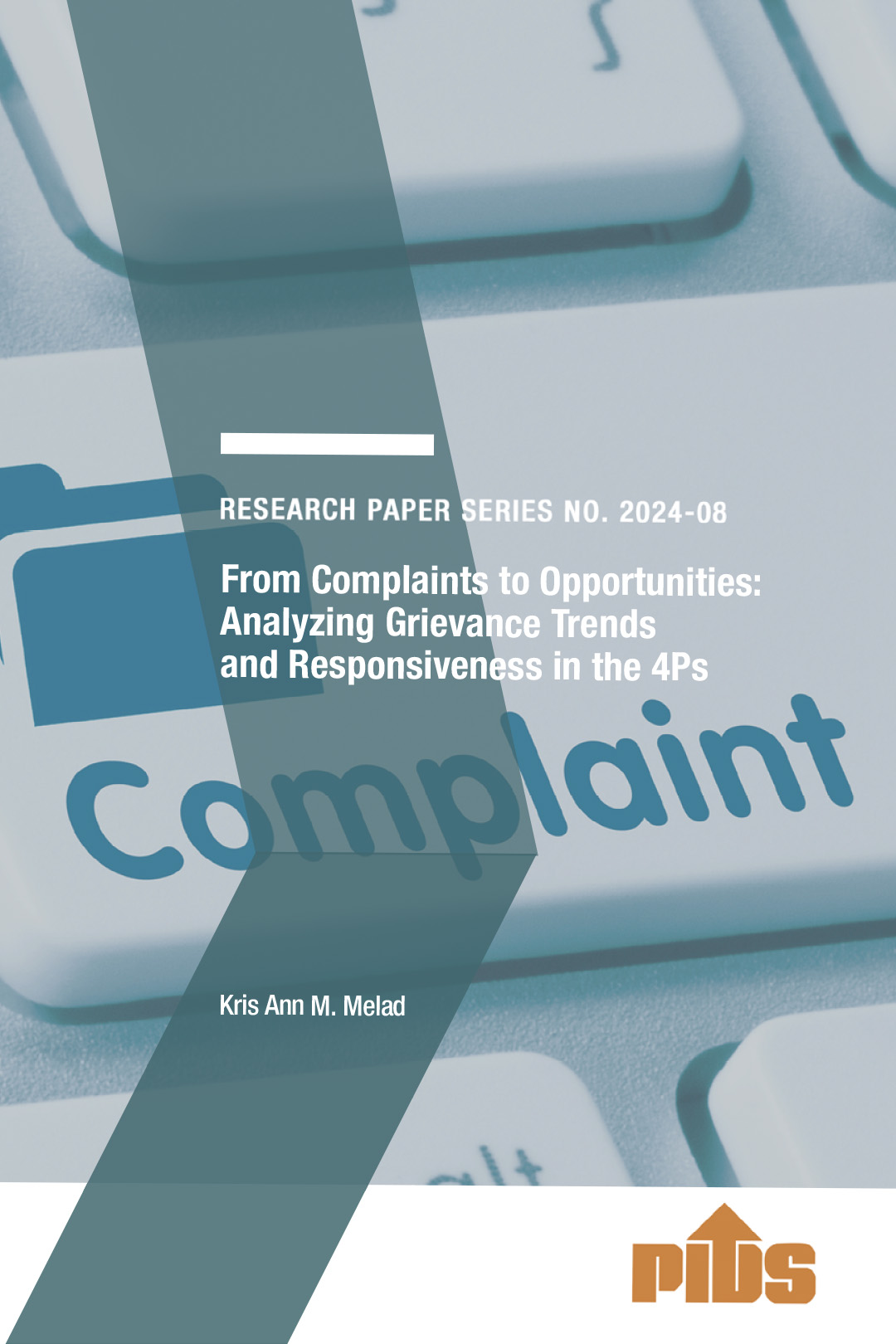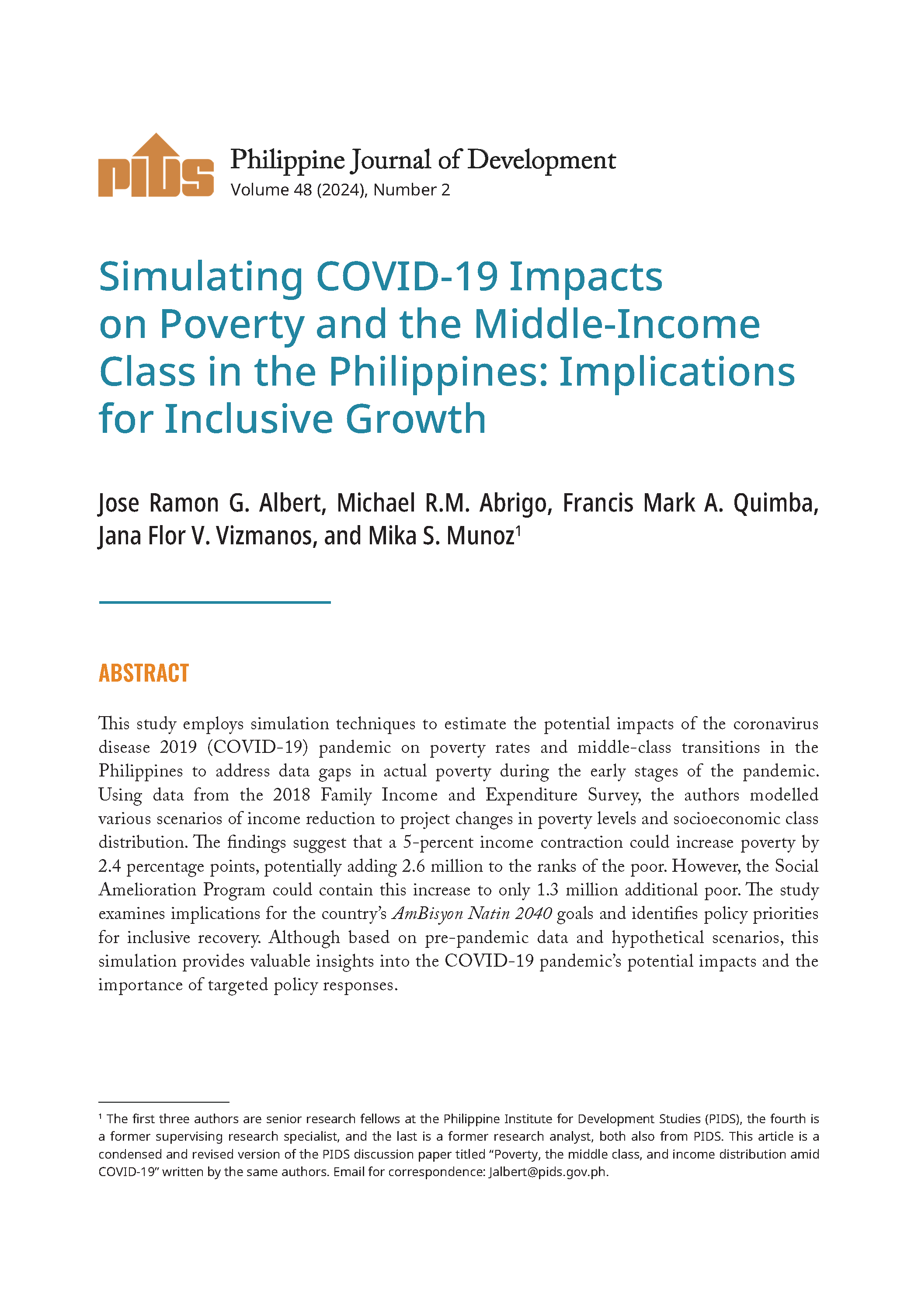MANILA, Philippines — It is not easy to be a woman, much less a mother. The fact that you are a woman already puts you in a challenging position, with women being more likely to face gender-specific issues regarding money and finances.
The reality is that women earn less than men do. According to a 2022 study conducted by the Philippine Institute for Development Studies (PIDS), women earn 18% less than men in digital jobs. This figure is consistent with figures from other countries.
The US Census Bureau, for instance, put it on record in 2021 that men earn 16% more than women do on average. In the Philippines, which is still basically a traditional culture, women have to bear so many societal and cultural burdens — especially when they become mothers, because mothers are supposed to prioritize taking care of their children and other family obligations above anything else. Having a job would divide their time between motherhood and employment, much less career, and this is not an ideal situation for women to be in.
Mothers, therefore, find themselves in a dire situation. To concentrate on being a full-time homemaker (wife and mother) would mean that they have to rely completely on their spouse for the family’s finances. They sometimes feel guilty about putting the family’s financial burden solely on the shoulders of the man of the house when they have the time and the ability to contribute to it.
It is difficult to strike a balance, but, yes, there are ways that moms can achieve a good level of financial independence.
- Always keep a little savings handy. Make sure you have savings that is equivalent to six months of household expenses regardless of whether you have financial responsibilities with your partner or he is the only one bringing in the money.
With enough emergency money reserve, you are prepared for any potential loss of income and will have enough to spend until you find a new source of livelihood without having to beg anyone for help.
- Plan your family’s finances with your partner.Whether he is the sole income earner in the family or you also contribute to the family’s coffers, it is best that your partner also be involved in planning the budget.
Create a budget that lists down your daily, weekly, monthly, even occasional expenses. This way, he will know how much the family’s income will go. To help you track your spending, you can use online banking like RCBC Digital, which will allow you to pay your bills electronically using your deposit account or your credit card. Tick off each bill you are able to pay off and get to monitor your expenses more efficiently.
- Secure your children’s future.If the funds allow, set aside small amounts and save up to get your children an educational plan to make sure that whatever happens in the future, your children will be able to finish school and have a bright future.
These days, the tuition fee in a private school can easily run up to P280,000 annually from preschool to secondary education. With an educational plan, you are assured that you can afford to send your children through school. Next to an educational plan, get life insurance so that no matter what happens to you and your spouse, your children’s financial needs will be met.
- Increase your income through investments.Even if you or your partner or both of you are earning well now, do not be complacent. Your expenses will only go higher as your children grow older, so make your money work for you.
Choose the right investment. Study your options, one of which could be putting your money in a trust fund that matches your financial capacity.
The foundation of being a financially independent woman is by being financially literate and through saving and knowing the financial tools and products that are tailor-made for your specific needs.
For example, RCBC’s eWoman Savings is specially designed for women. A premium savings account that allows you to take control of your finances with a debit card and savings account in one, it comes with free life insurance from Sunlife Grepa, with coverage that is worth three times your six-month Average Daily Balance, up to a maximum coverage of P2 million.
No matter how much you’re earning and what financial status you are in, the key is to spend wisely and put your money where it earns most efficiently. Live within or below, not above, your means so you get extras that you can turn to on a rainy day.





